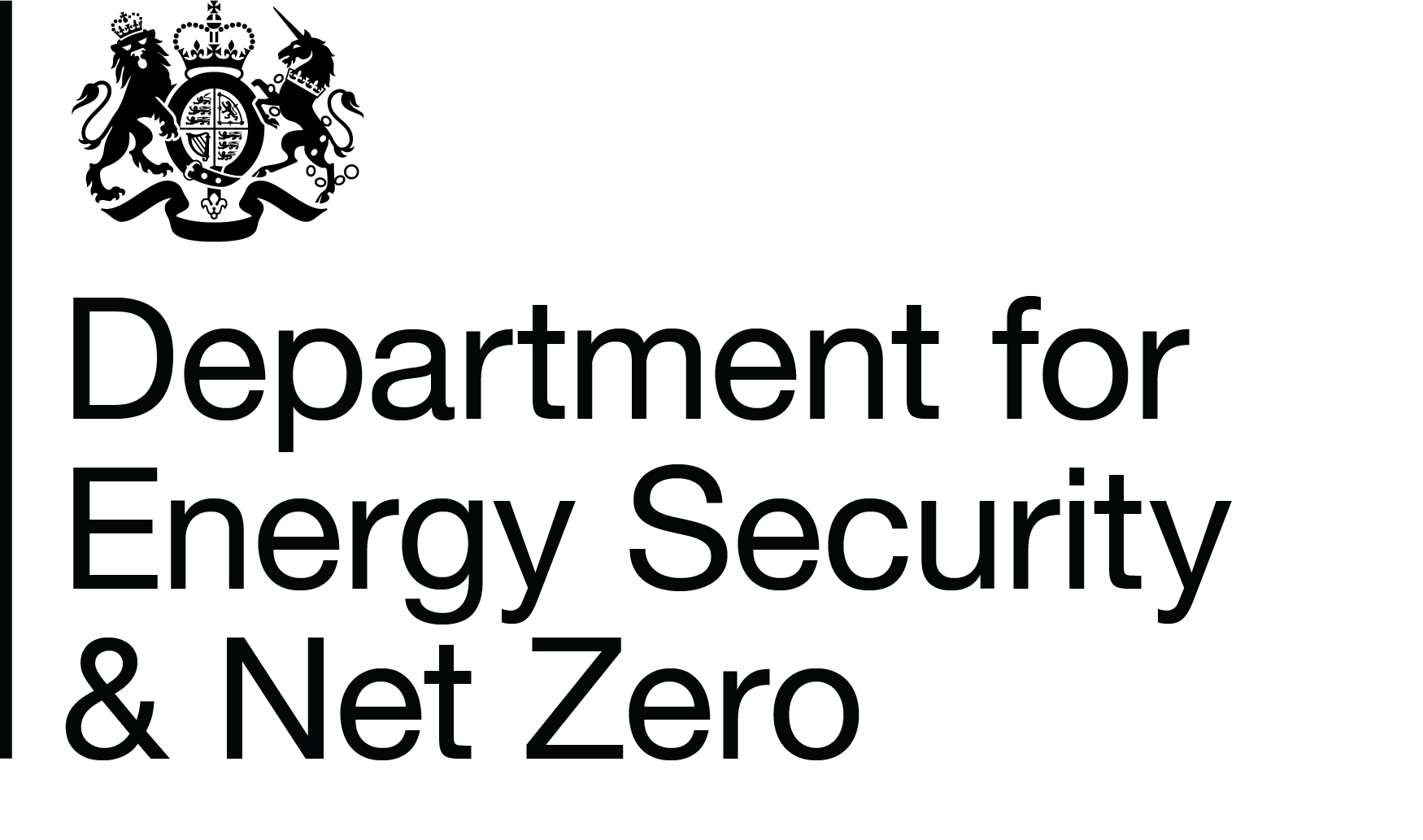Green Gas Support Scheme 2023 annual tariff review: call for evidence
Overview
We have extended the closing date from 31 May to 5 June 2023.
This Call for Evidence seeks input from industry, investors, trade associations and other stakeholders to inform the 2023 Annual Tariff Review. Your responses will provide evidence for the tariff-setting process and gather insight into the effectiveness of the scheme and its current tariff levels.
The Green Gas Support Scheme (GGSS) makes tariff payments to biomethane producers for gas that they inject into the grid. It was launched on 30 November 2021 with initial tariffs set in the Green Gas Support Scheme Regulations 2021.
Increasing the proportion of green gas in the grid is a practical, established, and cost-effective way of reducing carbon emissions and contributing to the UK’s target to achieve net zero greenhouse gas emissions by 2050.
Biomethane is produced by the capture and processing of emissions from the decomposition of organic matter, including food and agricultural waste. Two of the benefits of using biomethane are reducing emissions from the gas grid, while reducing emissions from waste.
The GGSS regulations allow tariffs to be increased or decreased on 1 October each year from 2022 to 2025. They can then reduce every quarter in between if a degression is triggered. The Annual Tariff Review (ATR) informs the decision to change or maintain tariffs, acting to ensure that payments continue to incentivise the deployment of biomethane production plants effectively, whilst ensuring value for money for billpayers. The resulting decision must be published by 1 September, with new tariffs, if applicable, in effect one month later, from 1 October.
Respondents with an active GGSS application, operating a biomethane plant supported by the GGSS or RHI biomethane plant accredited after 2018 will be sent an additional Pulse survey, which will be circulated in due course via an online survey and follow-up telephone call if assistance is required, the results of which will feed into the GGSS/GGL evaluation. Although this is a separate survey, please be aware that some data required for the Pulse survey is similar to the Call for Evidence spreadsheet so eligible respondents are advised to keep their responses for use in the Pulse survey, to minimise effort required to complete it. We strongly encourage those invited to participate in the additional Pulse survey to do so.
The ATR is distinct from the GGSS mid-scheme review which the Department is currently undertaking. The mid-scheme review covers a number of potential policy amendments and the Department is inviting views from stakeholders on potential changes to regulations through a consultation, which closes on 18 May 2023. More information on the mid-scheme review can be found on the consultation page. Following the consultation closure, we expect to bring in any regulatory changes in late 2023 to align with the schemes mid-point.
Please respond to this call for evidence.
More information on the GGSS can be found in:
Why your views matter
The GGSS’s Annual Tariff Review informs whether tariffs will be increased, decreased, or held on 1 October. We are seeking stakeholders’ views on the outlook for the biomethane industry and on whether specific costs and revenues for biomethane plants have changed over the past year. Tariffs that are too low risk decreasing deployment or lowering quality of equipment and feedstocks used, and therefore lowering scheme benefits. Tariff rates that are too high run the risk of overcompensating producers and overburdening the billpayer.
The GGSS’s tariffs are set according to a tariff-setting model based on a reference biomethane plant, the size of which we can reconsider as part of the ATR. A discounted cash flow model is used to calculate the tariff required for the plant to achieve a target post-tax nominal rate of return. The model takes into account factors including capital, operating and net feedstock costs, and revenues in the absence of policy support include those earned from selling the biomethane to the grid and from Green Gas Certificates. The ATR process involves re-running this model and updating its inputs. The ultimate decision to increase, decrease or hold tariffs also considers other factors, including forecast uncertainties, risk perception and the broader policy context.
The ATR Call for Evidence is a key input in the updating process, both for the tariff-setting model, and in gathering wider evidence on the market environment and outlook. We are seeking stakeholders’ views on the outlook for the biomethane industry and on whether specific costs and revenues for biomethane plants have changed over the past year.
Please respond to this call for evidence.
What happens next
The Annual Tariff Review will be published by 1 September 2023. We will contact you when it is published if you select the relevant option in the 'About You' response section. The Review will be accessible via a link on the GGSS Annual Tariff Reviews page.
Audiences
- Low carbon technologies
- Oil and Gas
Interests
- Energy efficiency
- Oil and Gas

Share
Share on Twitter Share on Facebook